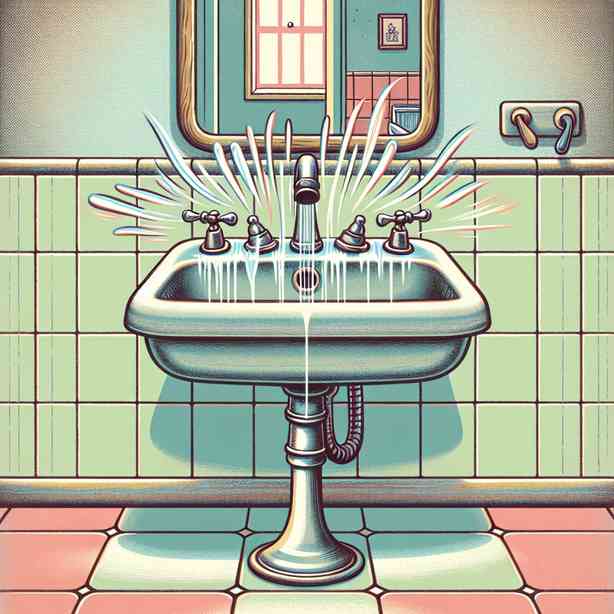
In modern households, the kitchen is often considered the heart of the home. As a multifunctional space, kitchens are not only used for cooking but also for gatherings, dining, and social activities. One integral component of any kitchen is the sink, a vital fixture that plays a significant role in the daily routines of homeowners. However, what happens when the sink becomes a source of annoyance rather than convenience? You may have found yourself frustrated with a sink that makes too much noise. This issue not only disrupts the peaceful ambiance of your home but can also signal underlying plumbing problems.
The sounds that a sink produces can range from subtle gurgling to loud clanking or banging, and this can be attributed to various factors. Understanding the causes of sink noise is essential for both troubleshooting and ensuring the longevity of your plumbing fixtures. Let’s explore the different types of noises your sink may be making and what they could mean.
One common noise you may encounter is a gurgling sound. This often indicates that air is trapped in the plumbing system and is struggling to escape. When your sink gurgles, it’s usually a sign that there is a blockage somewhere in the plumbing system, possibly in the drain line or vent pipe. These blockages can lead to more severe plumbing issues if not addressed promptly. If you hear this sound, it might be a good idea to check your sink’s drain and ensure it is clear of any debris or buildup.
Another frequent noise associated with sinks is a hammering or banging sound, often referred to as “water hammer.” This phenomenon occurs when water flow in the pipes is suddenly halted, causing the pipes to vibrate and strike against the walls of the cabinets. Water hammer can be particularly loud and disruptive. Installing water hammer arrestors can help alleviate this problem by cushioning the impact of the water flow.
Moreover, if your sink produces a high-pitched squeak or whine when the water is running, it could indicate that your faucet is in need of maintenance. The cause may be worn washers, damaged seals, or an overall aging fixture. In these cases, replacing the faulty components or even upgrading to a newer faucet model can significantly reduce noise levels.
It’s also important to consider that the materials used in the construction of your sink and plumbing can influence the amount of noise transmitted. Stainless steel sinks, while popular for their durability and sleek appearance, are known to amplify sounds. If noise is a major concern for you, opting for a sink made from more sound-absorbent materials might be a worthwhile investment.
Regular maintenance is crucial for preventing and addressing sink noise issues. Periodically inspecting your sink and plumbing system for signs of wear and tear can save you from more significant problems down the line. It’s also advisable to familiarize yourself with your home’s plumbing layout to locate potential sources of noise. Regularly cleaning the drain and ensuring there are no obstructions can also aid in maintaining a quieter kitchen environment.
In addition to maintenance and inspections, understanding the sound patterns of your sink can help identify potential issues earlier. Keeping a log of when you hear specific noises—whether they are more prominent during certain times of the day or after specific activities—can provide valuable insight into underlying problems. This information can be helpful when consulting with a plumber or home maintenance expert.
If you find that your sink continues to make excessive noise despite your best efforts, it may be time to seek professional assistance. A certified plumber can perform comprehensive diagnostics of your plumbing system to identify the root cause of the noise and recommend appropriate solutions. They can also locate any hidden leaks or weaknesses that may be contributing to the sound, ensuring that you not only enjoy a quieter kitchen but also a more efficient plumbing system.
In summary, while a noisy sink can be a nuisance, understanding the potential causes and solutions can alleviate your frustrations. From gurgling sounds indicating blockages to banging noises revealing water hammer, each sound tells a story about your plumbing system’s health. Paying attention to these details, conducting regular maintenance, and seeking professional help when necessary can enhance your kitchen experience. Ultimately, a quieter sink can bring serenity back to your home, allowing you to fully appreciate the heart of your household.


